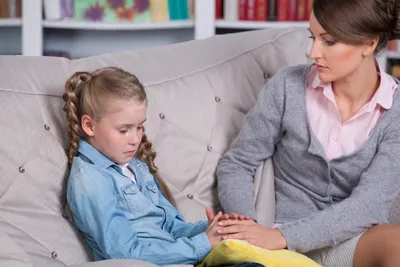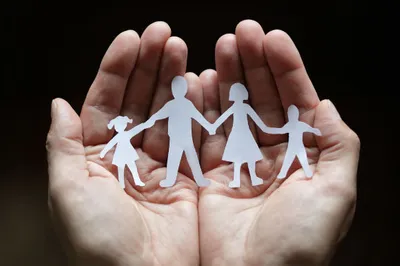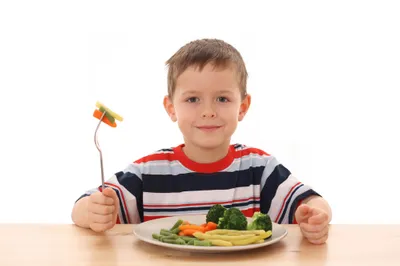Going through a divorce can often be an emotional and confusing time, and unfortunately sometimes children become bargaining chips or pawns against our better judgment. Working out the details of a split can be messy, which means we can take our eye off of how our children are handling the situation.
However, while you and your spouse may have irreconcilable differences, it doesn’t mean your kids have to suffer. In fact, you should be putting special focus on them, as it’s likely just as traumatic for them as it is for you. Here are seven things to keep in mind regarding your children during a marital split…
1. Remind your Child It’s Not Their Fault
Many children, especially if they’re older and understand what’s happening, may automatically think they are the cause of the split. However, it’s important to take to explain they’re not the cause of the turmoil and that they’re loved by you and your (former) spouse.
Parents magazine notes that failing to show love for your child during this time can seriously affect their self-esteem. The act of telling your children they’re loved needs to be done more than once – it should be a regular reassurance, noted the article.
2. Don’t Fight in Front of the Kids
This actually goes for married parents and those going through a separation, but yelling at your spouse during this already emotional time can have more dire consequences for children in many cases.
Psychology Today makes a bold statement that divorce itself is not what causes children pain, it’s watching their parents battle openly. This can heighten anxiety and stress in children, and even cause fear if their parents are always at each other’s throats. The level of fighting doesn’t even need to be intense for a negative effect on children, adds the source.
3. Look Forward to your Time with your Children
If a custody agreement is already in place, then you should plan to make the most of your time with your kids – whether that’s 1-day a week or 4-days. You love your kids and likely put some effort into arranging the agreement to have them, so show them they’re important.
Parents magazine points out that a custody agreement is about the kids, not you. “The hardest part for co-parents is remembering that time with the child is not a prize to be won, but a gift to be cherished,” notes the article. Make the most of it, and include activities you know they’ll enjoy.
4. Don’t Talk Badly about the Other Parent
In some cases, divorcing parents like to use their kids as weapons against each other by saying negative things about their former spouse to them. Those statements could include that the other half doesn’t care about them, or doesn’t work hard enough for them, which kids can take very personally.
If you have a beef to clear up with your former spouse, do it in person or over the phone in a rational manner – don’t give your children negative messages that they will ask the other parent about. This is not a healthy way to teach children about conflict resolution, and it will ultimately erode a child’s sense of self-worth.
5. Try to Limit Change to Children’s Routines
If you’re finding that a living arrangement will be changing due to a divorce, which takes one or both parents out of the family home, try to plan it so the child can remain in the same school and see the same friends if possible.
Trying to figure out new school or childcare arrangements can be tricky, especially when you’re trying to figure out other elements of the divorce such as financial details. Your child may love their surroundings and have made friends, and taking them out of that environment unnecessarily could cause some resentment.
6. Let your Kids Express Emotions
You may be in “damage control” mode and are trying to sugarcoat the situation, but you also have to accept that kids will likely have reactions you might not like. Don’t discount your child’s anger or confusion; your focus should be allowing them to ask questions and seeking affection.
KidsHealth.org notes that you should allow them to vent a little and expect to answer a variety of questions regarding the situation. One approach is to ask your child if there’s anything they’d like to do or talk about that would make them feel better, notes the source. It also says that not all kids react right away, so be prepared a few weeks or even months down the road to weather a storm.
7. It’s Never too Late to Apologize
WebMD notes that while divorce can be emotional for children, they are surprisingly resilient and can bounce back with a little encouragement. So while you’re not ready to say sorry to the other parent, you can tell your kids you’re sorry for any pain you’ve caused them and promise to do better.
Here’s the kicker though – actually commit to doing better. Whether it’s putting on a smile for them, avoiding talking about the other parent, or just letting them be a kid. This can obviously be tougher for older teenaged kids to accept, notes the source, but telling your kids you’re sorry and making them your priority can go a long way to preventing bitterness later on.









